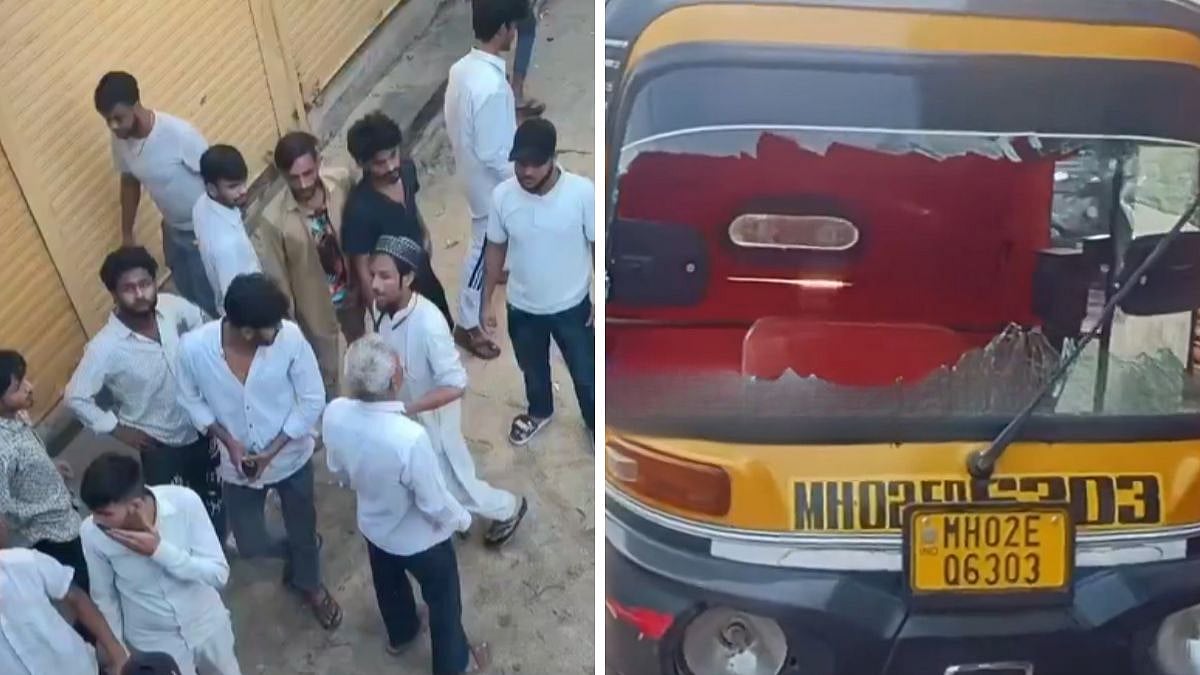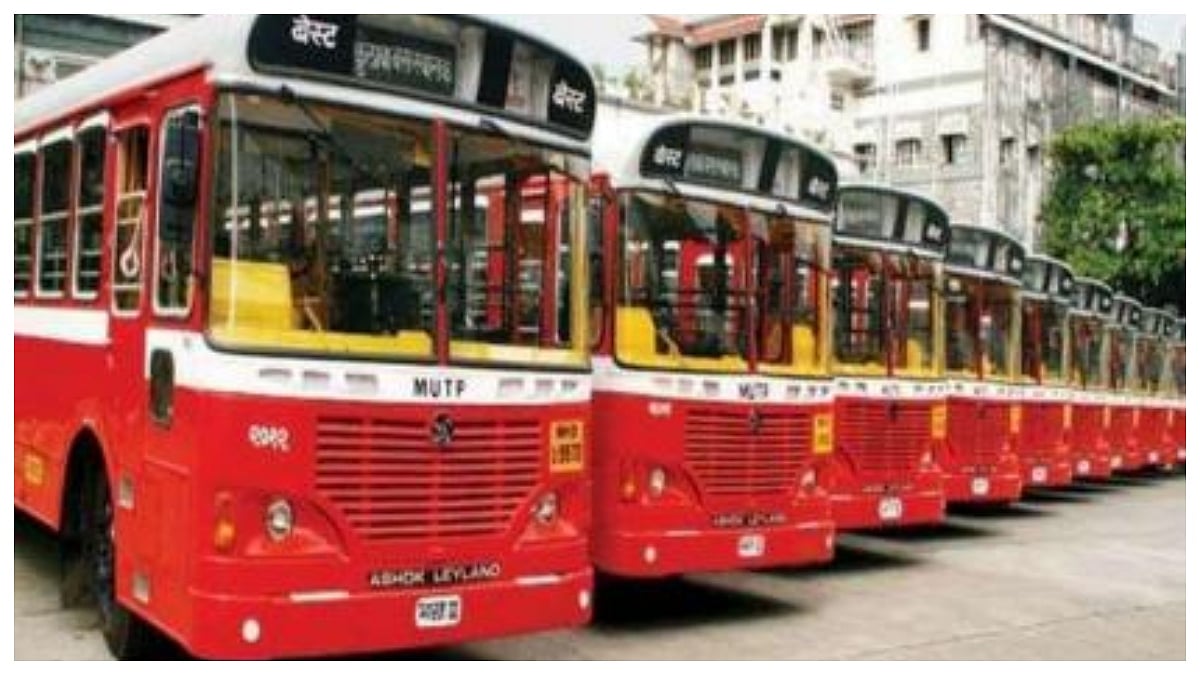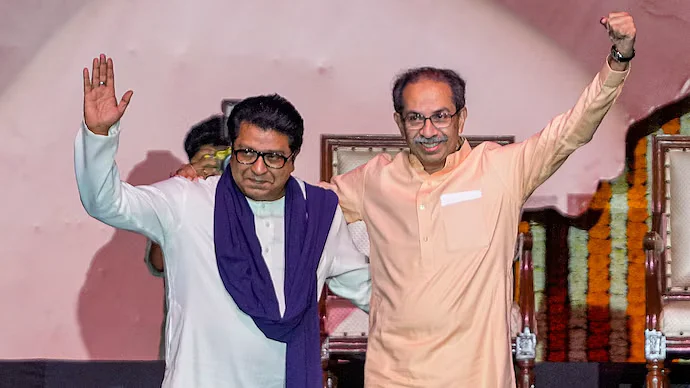In a course on journalism that I taught years ago, one exercise I often asked was for the class to roam around Mumbai’s famous Mohammed Ali Road during the holy month of Ramadan and pick up sights, sounds, stories as the fast is broken and the feasting begins at sunset. One of my students that year was a local area police officer, who had in the past been asked to investigate how and why lodges and rooms for rent filled up with Muslims from across the country exactly at the time the police wanted to ensure that the festival passed off peacefully. That was a massive investigation one particular year, with entries from lodges, background checks, local intelligence etc. amid suspicion that something was amiss.
Wearing the hat of a student-journalist, this policeman came back surprised at what he found when he roamed free, with an eye not for the criminal, but for the story. Thousands of people, he discovered, came to the throng that road for small and tiny businesses – selling henna to trinkets to some other local designs and delights of Lucknow and from the further interiors of India. This was the month they made enough to last and lived on it back in their towns for the rest of the year. This was a religious festival but it brought booming business and attracted thousands, most of them Muslims, year after year to Mumbai during the month. As the roles changed, the stories changed and new facts came to light for this police officer. Call it prejudice, worry or abundant caution at a time of stress for the police – what is clear is that who you determine what you see, and what you see will be the colour of the lens you wear.
It is one thing for the police to do their duty with careful checking, particularly in times when Ramadan coincides with other festivals, as it does some years. It is a more serious matter when large parts of officialdom, led by the political establishment of the day, are so coloured with prejudice that we find actions that are wholly untenable and in fact bring down the stature of this great nation for citizens, visitors and in the eyes of the world. This is precisely what the Bombay High Court has found in the case of the Tablighi Jamaat – loud and naked abuse of power to target a minority community and paint its members as a set of people who were on a mission not of faith but allegedly to spread Covid-19 in India.
Here is a landmark judgment that goes well beyond the immediate case, to red-flag the way in which malicious propaganda is spread, scapegoats are found and the law applied selectively on religious grounds. The judgment is unrelated to, but comes coincidentally at a time there is a rising tide of support for the lawyer Prashant Bhushan as he stands up to a case of contempt in the Supreme Court for questioning the integrity of judges. Amid that fear and worry on the state of the judiciary, here is a case and a judgement that can allow all Indians to keep the faith and look up to the judiciary as a beacon of hope and protector of the rights of ordinary people.
In fact, the Bombay High Court comes out shining, as it grants cover in this case, not to Indians, but to minority community visitors coming in from other countries, who do not normally enjoy the protections accorded to citizens under Article 19 of the Constitution, and brings alive the very Indian statement, atitihi devo bhava.
How have we really treated visitors who were in India on valid visas, doing what many have done years before them, as they participated in the activities of the Tablighi Jamaat?
To quote Justices T V Nalawade and M G Sewlikar, who delivered the 58-page order dismissing the police case against nine foreign nationals and two Indians for all kinds of allegations, including staying in a masjid (when was this a crime?) and preaching (which they were not) their faith: “In our culture, there is a saying…that our guest is our God. The circumstances of the present matter create a question as to whether we are really acting as per our great tradition and culture. During the situation created by Covid-19 pandemic, we need to show more tolerance and we need to be more sensitive towards our guests particularly like the present petitioners. The allegations made show that instead of helping them, we lodged them in jails by making allegations that they are responsible for violation of travel documents, they are responsible for spreading of virus etc.”
The justices have demolished every single case sought to be made out against the members of the Jamaat, and in fact, make three important points: a) There was no intention of the police to go against the foreigners, but Maharashtra filed the FIR after getting directions from the Central government to do so; b) The exercise was done by the Central government with the presumption that the visitors were already infected when that contention cannot be substantiated; c) The propaganda against the so-called religious activity was unwarranted and it is now high time for the concerned to repent and to take some positive steps to repair the damage done by such action.
The justices don’t stop there. They see the “smell of malice” against foreigners and Muslims, they point out that action was taken mainly against Muslims who had come to Markaz Delhi for the Tablighi Jamaat. The High Court then sends out a message that needs to be told and heard again and again: “Social and religious tolerance is a practical necessity for unity and integrity in India and that is also made compulsory by our Constitution. By hard work over the past years after Independence, we have reconciled religion and modernity to a great extent. This approach helps participation of most in the developing process. We have been respecting both religious and secular sensibilities since Independence and by this approach, we have kept India as united.”
Away from the judgment, common sense would dictate that India should act differently. Would India have the Tablighi Jamaat, an Indian movement with over 90 years' standing, meet in India or would it rather have it meet in Afghanistan or Pakistan? Why should we cede the ground we proudly hold and why should India not welcome and offer space to people of all faiths from across the world to see and live the idea of tolerance? Except that tolerance is now history in our land and an Indian version of the Taliban is sought to be drafted by those in power.
The writer is a journalist and a faculty member at SPJIMR
(Syndicate: The Billion Press)










